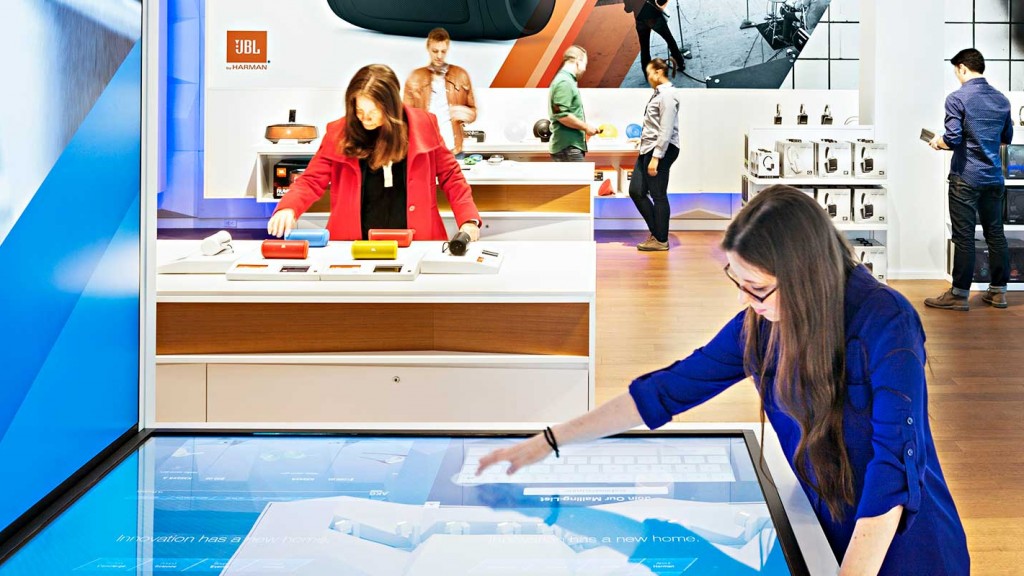Is emotional connection the key to customer engagement?
2013 Brand Engagement Survey
What We Did
We surveyed 2,838 adult consumers from all 50 US states to explore questions like: What are the signals that a customer is truly engaged with a brand? What attributes or behaviors distinguish a consumer with a deep emotional connection to a brand from a consumer who might just have a habitual connection, i.e., an emotional relationship versus a transactional relationship? The online survey invited participants to name their three favorite brands, and identify the one that is most important. That single brand was then referred to by name in the questions that followed, with the goal of digging deeper into how and why that brand is so meaningful to that respondent. This allowed us to measure emotional engagement with that particular brand.
As a starting point, we segmented survey respondents into levels of emotional engagement, based on their responses to specific questions with emotional triggers, to test the return on investment that comes with emotional engagement with customers. The results were dramatic—customers with a high level of emotional connection to their favorite brand were significantly more likely to make frequent purchases and own a lot of that brand’s products. They reported higher satisfaction with both in-person and online interactions too.
The Context
Purchases happen with or without emotional connection, but consumption is a choice, and today’s consumers have more options than ever before. Brands must not only stand out, they need to put effort into the customer relationship, or they will likely be replaced as soon as something better comes along. This reality is increasingly understood by our clients, who are poised to invest in strategies that would improve their customers’ experience and increase brand engagement. However, most existing definitions of engagement rely on transactional metrics like purchases, social media interactions, or store visits. We believe that engagement is more emotional and rooted in the personal relationships, aspirations, values and motivations of consumers, and that the more a brand acknowledges and aligns with those priorities, the deeper engagement can be.
The Results
The results of our analysis reveal some fascinating patterns in consumer behavior and brand engagement, as well as key strategies for nurturing more meaningful relationships with customers— relationships that can actually pay off in terms of customer satisfaction and purchase frequency. On the whole, customers overwhelmingly choose brands that match their personal values (87%) and avoid those that do not (71%). We confirmed this insight by asking survey respondents to identify both their personal values and the values of their favorite brands—the alignment was striking.
The most successful brand connections go even deeper, not only aligning with consumers’ individual values, but helping people feel their lives are more successful. Respondents ranked family, friends, and health among the top elements that define success for them, and when asked why their favorite brand is so significant to them, their responses (see above) illuminate the point.
What This Means
Deliver on quality and core brand promises. Engagement and emotional connections rest on the bedrock of quality. Our data suggests that to get to the top of the engagement pyramid, the foundation has to be rock solid. Quality far outranks any other attribute contributing to brand loyalty among our respondents—price and familiarity also play a key role.
Declare your values openly and consistently. Customers choose brands based on their most personal values and aspirations, so those who share your values will hold you in high esteem. You are likely to gain new like-minded customers who take note of your declaration.
Delight customers at every touchpoint. To really engage, leverage the human moment. Personal, emotional connections are often missing in brand strategies, and they are a key way to create real engagement. In return, customers become enthusiasts and ultimately brand evangelists. Without your even asking, they’re out in the world telling friends and family how much they love you—and that’s invaluable.
What’s Next?
We continue to dig deep into our findings, looking to connect concepts and data to on-the-ground problems and solutions. Our ultimate goal? To help our clients “close the deal” with their customers, creating meaningful two-way relationships that last a lifetime.
Learn More
Team
Deanna Francl, Virginia Sertich, Andreas Andreou, Amy Bixler, Kate Kirkpatrick, Angela Ramer, Benz Rungsimavisrut, Tim Pittman, Susan Hogan (Emory University/Actionable Results Research)
Year Completed
2013
Comments or ideas for further questions we should investigate?
